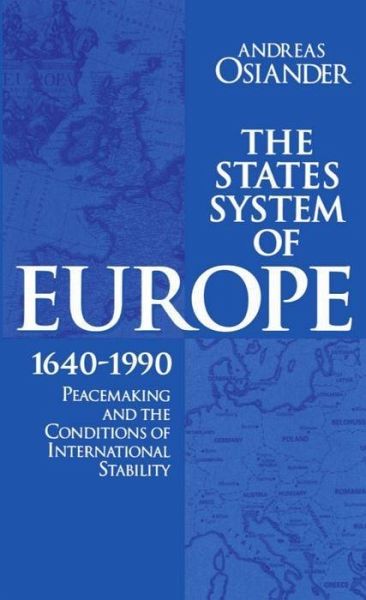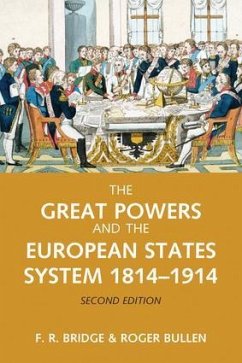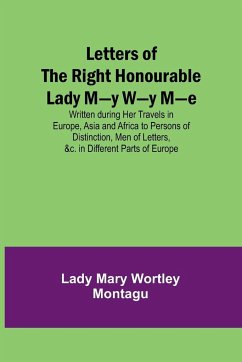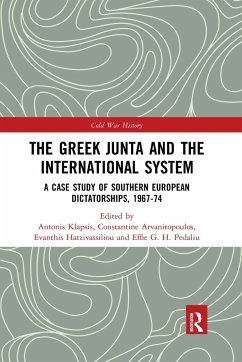
The States System of Europe, 1640-1990
Peacemaking and the Conditions of International Stability
Versandkostenfrei!
Versandfertig in 1-2 Wochen
239,99 €
inkl. MwSt.

PAYBACK Punkte
120 °P sammeln!
A novel analysis of the evolution of the states system of Europe since the mid-seventeenth century. Andreas Osiander looks at the four major European peace congresses: Munster and Osnabrück (1644-48), Utrecht (1712-15), Vienna (1814-15), and Paris (1919-20) and shows how a prevailing consensus on certain structural concepts-such as the balance of power or national self-determination-has influenced the evolution of the system and determined its stability or lack of stability. He argues that the structure of the international system is neither a given quantity nor determined primarily by confli...
A novel analysis of the evolution of the states system of Europe since the mid-seventeenth century. Andreas Osiander looks at the four major European peace congresses: Munster and Osnabrück (1644-48), Utrecht (1712-15), Vienna (1814-15), and Paris (1919-20) and shows how a prevailing consensus on certain structural concepts-such as the balance of power or national self-determination-has influenced the evolution of the system and determined its stability or lack of stability. He argues that the structure of the international system is neither a given quantity nor determined primarily by conflict between international actors, but essentially the result of a general agreement expressed in `consensus principles'; these influence the identity of the international actors, their relative status, and the distribution of populations and territories between them. His approach provides a more plausible analysis of international relations and the causes of conflict than traditional theories. He concludes his study with a review of the period since 1920 in the light of his findings.












